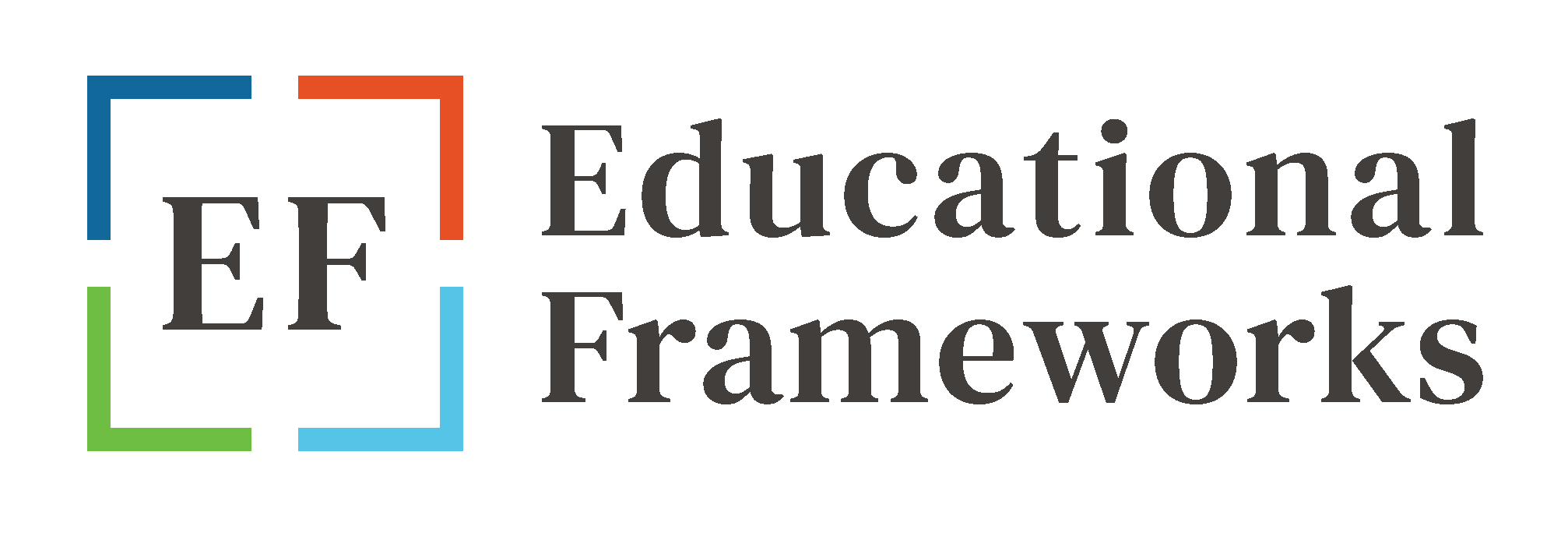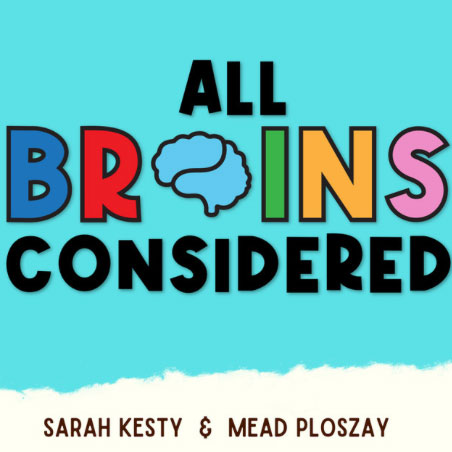What’s new at Educational Frameworks
This month, Sarah Kesty, and I launched our podcast, All Brains Considered. This resource is designed to support teachers as they navigate reaching and supporting their students. Sarah and I formatted the podcast to introduce a central topic, connect that topic to real world experience, bridge the topic to neuroscience and then provide practical strategies for teachers to incorporate into their classrooms. Please share this link with friends and colleagues and provide feedback on format as well as topics.
This month, I also had the opportunity to work with the students at Total Performance Hockey Academy. Our work focused on understanding the brain and identifying cognitive strategies to support learning and retention.
Timely Topic: Goal Setting & Self-Reflection
As the semester ends and/or a new year begins there is opportunity to engage in goal setting and more importantly self-reflection. In my work with clients, we focus on three important thinking routines when it comes to self reflection: processing different types of feedback, celebrating areas of growth and identifying routines that can be improved.
We start goal setting sessions with celebrations because positive feedback often activates the dopamine response which allows for a smoother transition to goal setting.
Celebrating that a student earned a B on their Physics exam after earning C’s on assessments throughout the semester is important; that student has inevitably made progress with practice and retrieval.
Acknowledging the fact that a student’s class participation has increased is critical because said student has worked hard to prepare and anticipate opportunities for participation and likely built some confidence around taking more risks.
An increase in the number of assignments turned in “on time” is worth a happy dance because the student has been more consistent with completing daily work and implementing daily routines.
As we move on to brainstorming and developing future goals, I generally put parameters on the number of goals students/clients can set (one, possibly two). Next steps include:
- outlining each goal using the SMART goals platform
- dialoguing/visualizing way in which to work towards the goal in terms of daily practice
- discussing progress towards meeting the goal while incorporating feedback and practicing self reflection
I believe that goal setting should lean into process instead of product (what you will do to earn higher grades, not that you will earn higher grades)…..and that goals should incorporate client buy in which often includes personal reward.
A former colleague of mine often told 8th grade students, who were in dire need of improving their academic standing, “do the little things everyday and the big things will follow.” I use this mantra as I remind students that building routines take time and accountability and that learning new ways to learn is challenging.
Cheers to self reflecting, goal setting and making the most of 2024!

